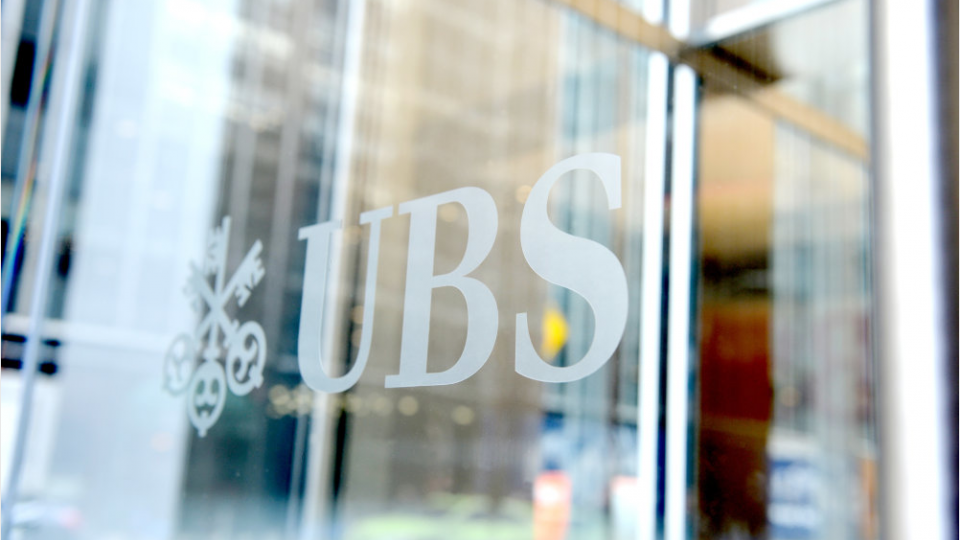
We’re approaching the end of earnings season, a period when corporate executives offer assessments of the business climate and how they’re addressing operational challenges and opportunities.
UBS Asset Management’s Macro Monthly: From micro to macro - Lessons from earnings season analyses how the strategies of corporate executives are shaping macroeconomic outcomes going forward.
Corporate plans are particularly important to watch at this juncture: as fiscal policy becomes less stimulative, a strong handoff from public to private-led growth is needed to keep activity running at robust levels.
The bond market is telling you we are headed for another low nominal growth environment. But when we listen to leaders in the private sector, we believe the outlook is much more constructive. Our review of US and European quarterly earnings calls shows executives pointing to a longer runway for above-trend growth – both in terms of increases in real output as well as inflation.
Confident
Firms are upbeat about the financial health of their customers. Companies are generally confident in their ability to pass through higher prices, thanks in part to excess household savings. The business-to-business demand pipeline is buoyed by high levels of current activity, a need to replenish inventories drawn down during the early recovery phase, and an inability to do so in some cases due to supply constraints. And while the delta variant is viewed as a downside risk, it is not currently crimping activity in developed markets or prompting downgrades to corporate guidance.
The better starting point for household balance sheets, which should underpin consumption, and substantial business investment are, in our view, the key differentiators that will improve macroeconomic results this cycle compared to the relatively sluggish growth following the 2008-09 recession.
Better balance sheets
In our view, the starting points for private balance sheets provide a far sturdier foundation for this expansion compared to the aftermath of the 2008-09 recession.
Reports from financial institutions show the degree of fiscal income supports during the crisis is proving a mixed blessing for banks during the recovery phase. Most importantly, mass insolvencies were prevented and credit quality was preserved. The share of loans and leases that banks expect will not be repaid is below pre-pandemic levels. This, in turn, has allowed banks to reduce the amount of money they set aside to cover bad loans – a dynamic that contributed to meaningfully higher than expected profits during this reporting period. But on the other hand, household and corporate balance sheets are in such a strong position that loan growth has been lackluster.